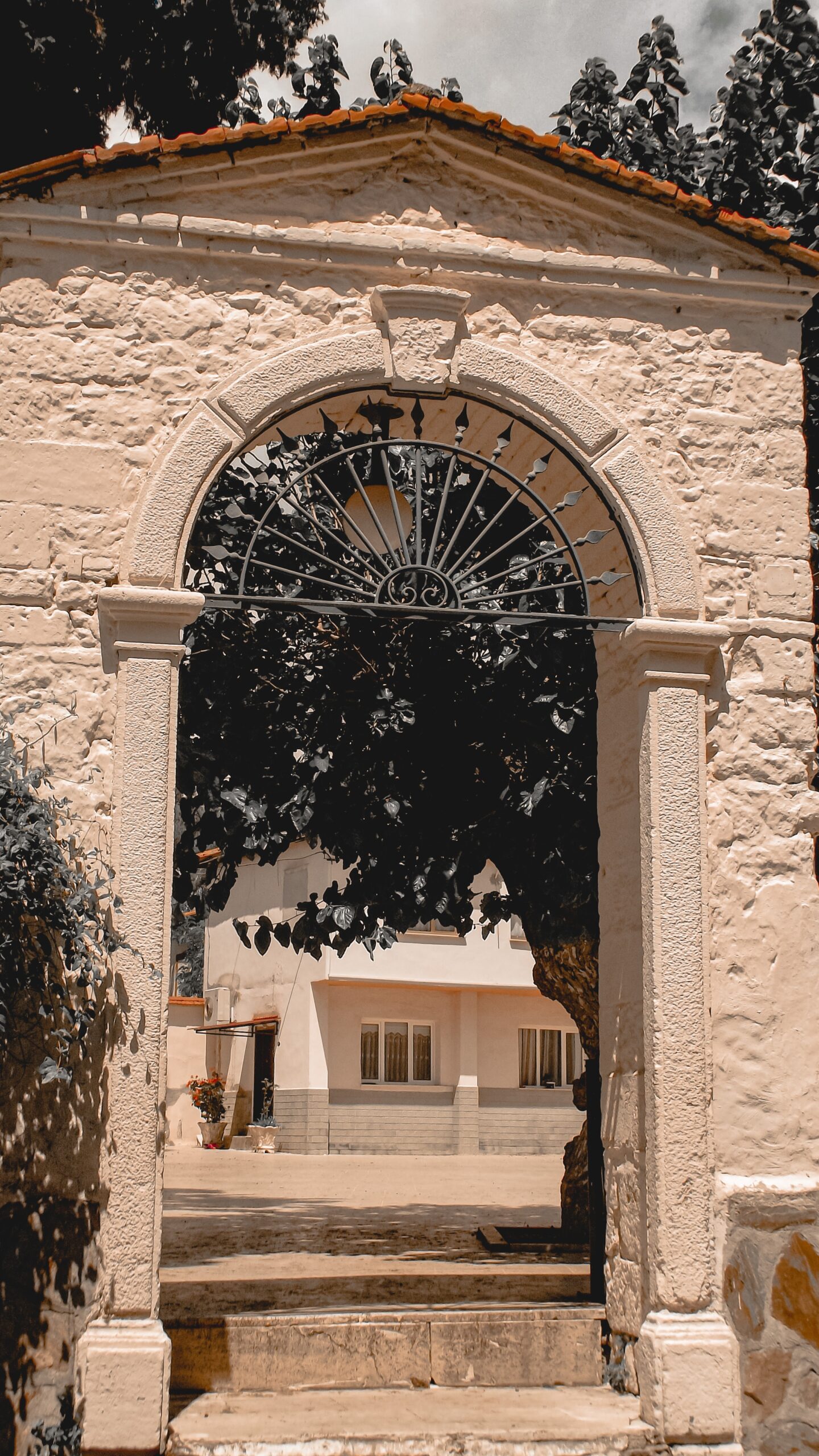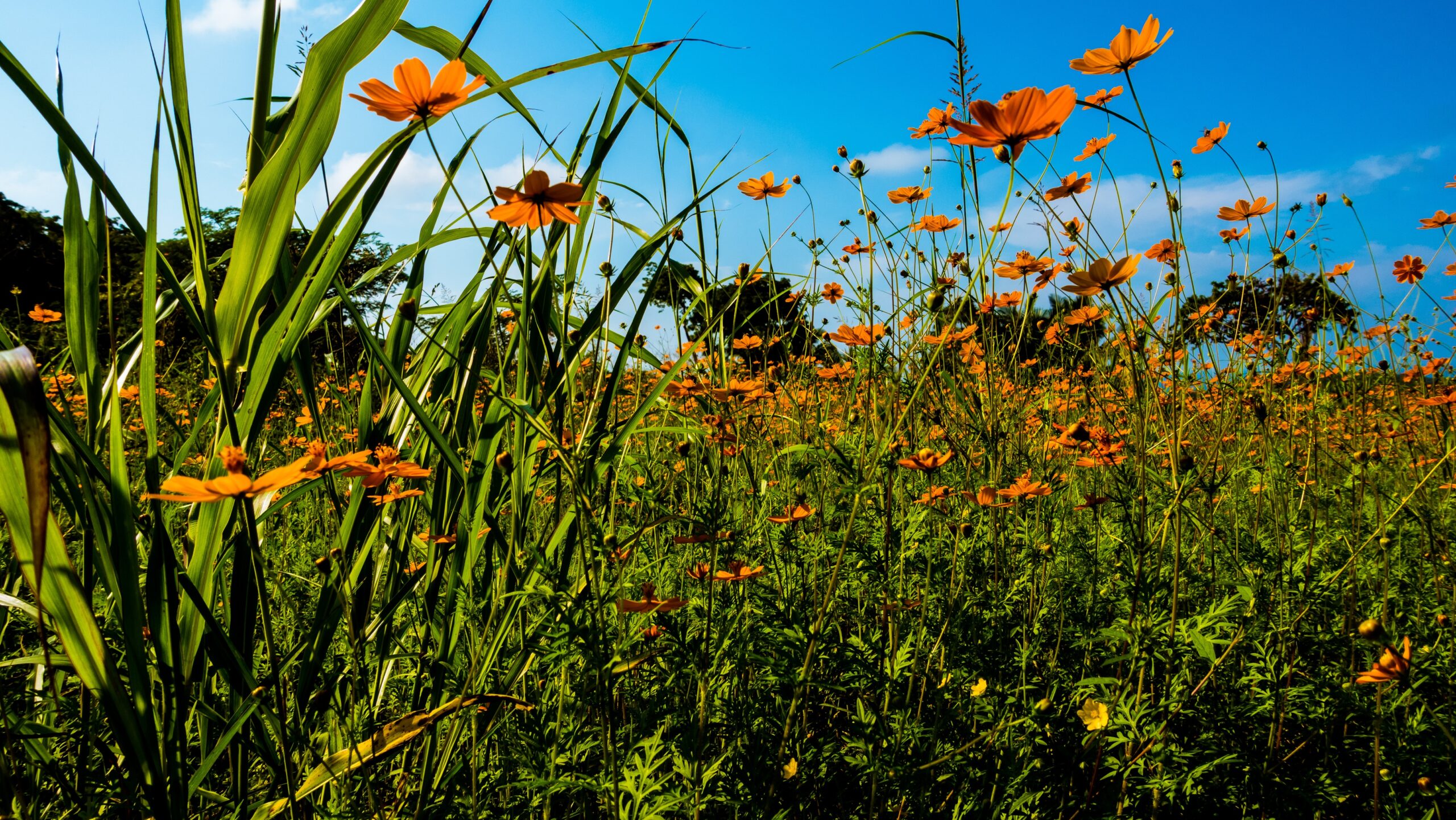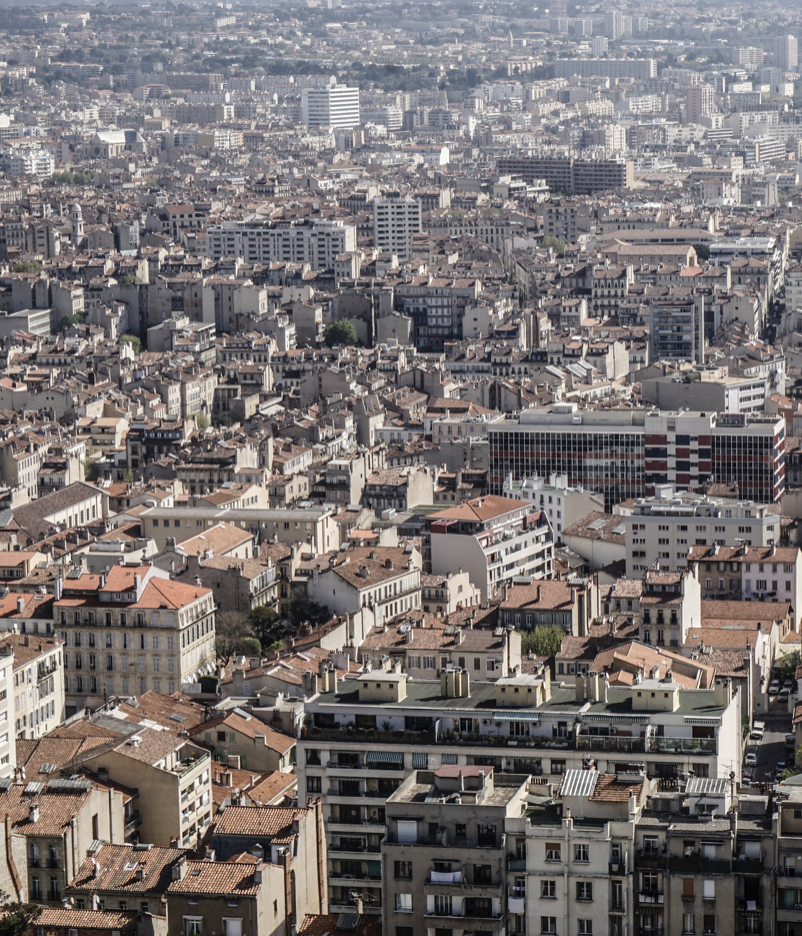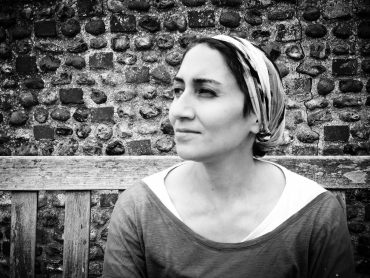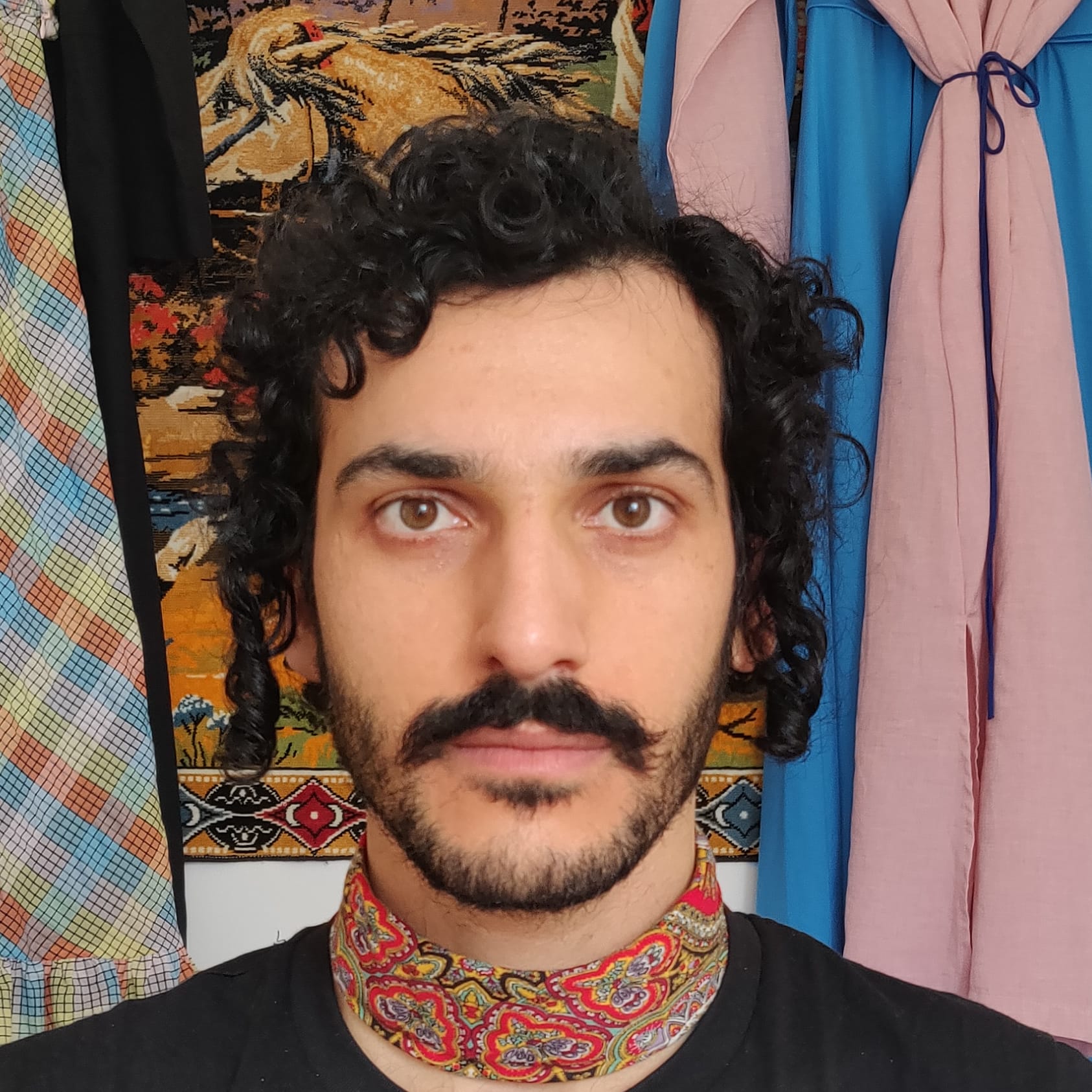By NASSER AL-DHAFIRI
Translated from the Arabic by NASHWA NASRELDIN
When my friends and I left the homeland, my second departure from Kuwait, there were five of us and ten suitcases. I knew exactly what was in each bag, just as I knew the pain and angst of the five travelers heading toward the unknown. The suitcases were packed with clothes, kitchenware, Indian spices, and various items we didn’t think we’d be able to find abroad. I could only bring four books with me from my vast library back home: Al-Mutannabi, in two parts; the collected works of Mahmoud Darwish; and just one of the volumes of The Unique Necklace. These would constitute the entire library I would survive on, for however long I ended up living in estrangement. Once we’d settled into our accommodation in a small house on Norris Drive in Ottawa, I arranged the books on the sleek wooden flooring, the place being still unfurnished. Then I sat back and simply gazed at them.

